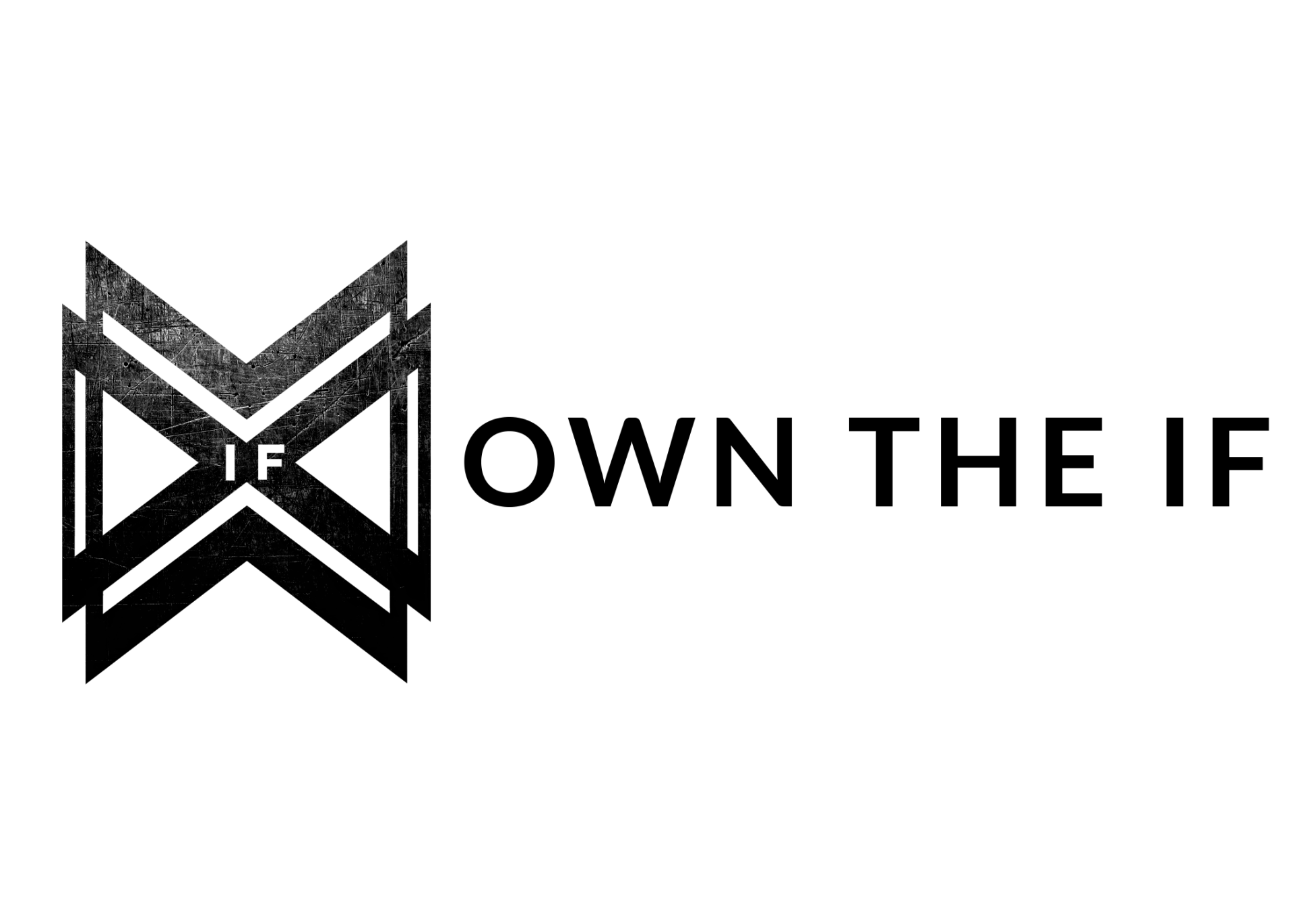The other week, I found myself struggling—feeling anxious, overwhelmed, and just plain irritable. I couldn't focus, and frustration seemed to be creeping into every aspect of my life. I was convinced that there had to be a serious or complex reason behind my struggles. That's when a video with Dr. Huberman popped up in my feed. He outlined the five foundations for benefiting mental and physical health: adequate sleep, sunlight, a healthy diet, movement, and quality social connections.
To say that I felt dumb when I realized a deficit of these simple foundations might explain my feelings is an understatement. As I ran through the checklist, I noticed that I hadn't been getting adequate sleep for weeks, and the grey days of January in upstate NY meant I wasn't getting much sunlight either. Once I prioritized these elements back into my days, I felt, well...better.
This experience got me thinking about Occam's Razor—a rule suggesting that when faced with a problem or question, the simplest answer is usually the best one. It's about not making things more complicated than necessary. Applying this principle to physical and mental health, it means choosing the easiest and most straightforward explanation before considering something more complex.
During moments of prolonged struggle, it's easy to think there's something wrong with you. However, I've learned through personal experience to ensure I'm hitting the basics first before jumping to conclusions. There is ample research discussing the benefits of healthy lifestyle choices on mental and physical health, so when you're feeling low, run through this checklist. If you find you're not meeting a few of these basics, try doing so and see if it has a positive impact. Once that has been established, and if you are not finding that it is improving, you can start ruling out other causes with a qualified healthcare provider.**
Putting it into Action:
Using the framework described by Dr. Huberman, I added a couple more I felt were important to note. Take inventory of the areas that you can improve and focus your efforts on systematically improving those areas. This is not a one-size-fits-all system, but more of a suggestion of areas to focus on.
Foundations for Mental/Physical Health:
Adequate Sleep: Ensure you get 7-9 hours of quality sleep each night by establishing a consistent sleep schedule for better sleep hygiene. It's recommended to avoid viewing screens between 10 pm-2 am, as this disruption can affect dopamine production and lead to disordered sleep patterns.
View Morning Sunlight: Strive for at least 10 minutes of morning sunlight ideally, as it helps regulate circadian rhythms and boosts dopamine production, along with other mood-enhancing chemicals. If natural sunlight isn't feasible, consider using bright lights or a light box for 10 minutes.
Healthy Nutrient-Rich Diet (Mediterranean Diet): Emphasize the importance of fruits, vegetables, whole grains, and lean proteins in your diet. Include heart-healthy fats from sources like olive oil, nuts, and fish. Prioritize minimally processed foods for the majority of your nutrition.
Proper Hydration: Tailor your water intake to your personal needs, aiming to stay properly hydrated. The general guideline is at least 8 eight-ounce glasses of water per day. Be cautious with sugary drinks and excessive caffeine intake.
Physical Activity: Engage in an hour of daily movement or physical activity, focusing on elevating your heart rate and breathing within your comfort level. Opt for activities that you genuinely enjoy to make them sustainable.
Cultivating Social Relationships: Prioritize quality time with friends and family to foster meaningful and healthy connections, both in person and virtually.
Limiting Substance Use: Maintain moderation in substances like caffeine and alcohol. Be mindful of their impact on both sleep and overall well-being.
Practicing Mindfulness: Incorporate mindfulness practices such as meditation, deep breathing, or yoga into your routine. These practices can help reduce stress and anxiety by creating a present-moment awareness.
Bringing it Home:
Understanding that we all have different life and health requirements, use this as a guideline to create your personalized version. When you sense something is amiss, refer back to this and see if one of your foundations needs adjusting. Implement the change and reassess. Sometimes, the simplest solution is taking a moment to reflect and course-correct.
**Disclaimer: The information provided in this message is for general informational purposes only and is not intended as a substitute for professional medical advice, diagnosis, or treatment. Always seek the advice of your physician or other qualified healthcare provider with any questions you may have regarding a medical condition.


